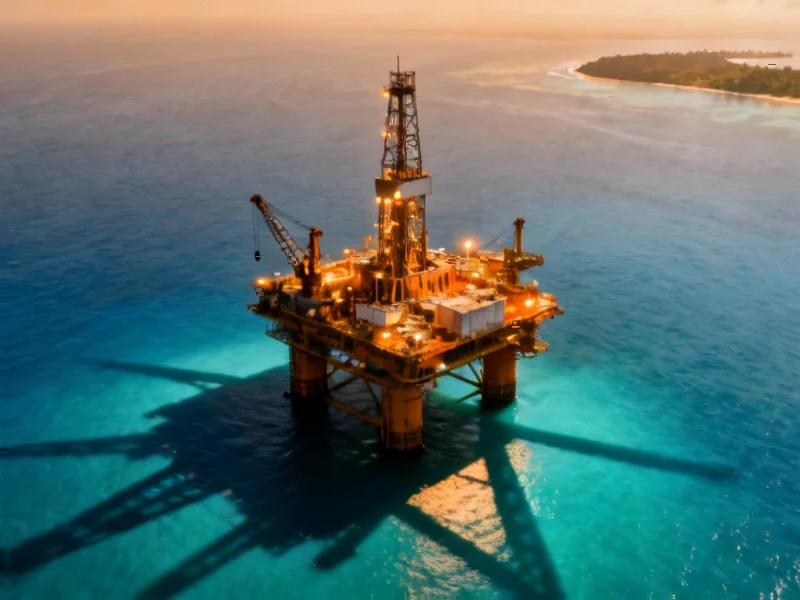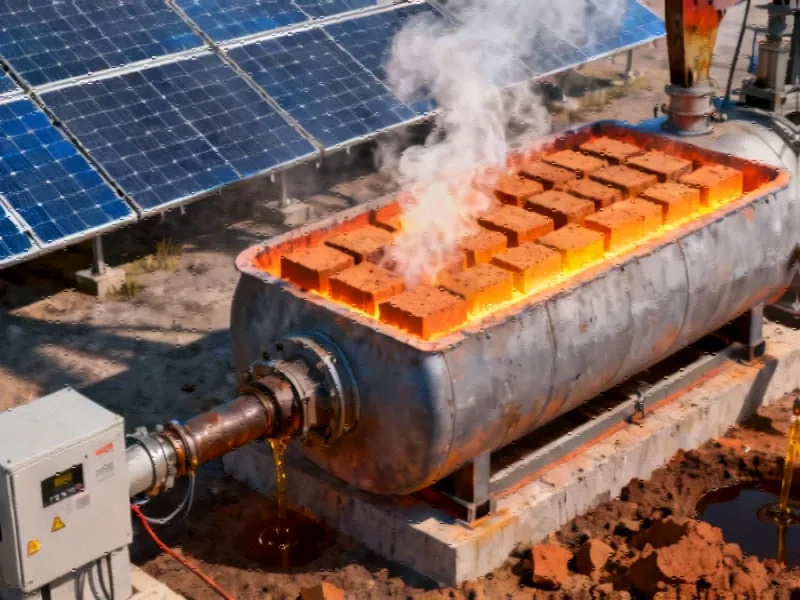Controversial Drilling Project Moves Forward
Brazil’s state-controlled oil company Petrobras has reportedly received final approval to begin exploratory drilling near the mouth of the Amazon River, according to sources familiar with the licensing process. The decision by environmental regulator Ibama authorizes immediate drilling operations in the Foz de Amazonas region, approximately 160 kilometers from the coastline.
The approval represents a significant victory for President Luiz Inácio Lula da Silva, who has championed the project as essential for funding Brazil’s climate transition through oil revenues. However, analysts suggest the timing creates a political challenge as Brazil prepares to host the COP30 climate conference next month in the Amazon city of Belem.
Environmental Concerns and Legal Challenges
Environmental organizations have raised urgent alarms about the potential ecological consequences. The Climate Observatory, a coalition of Brazilian environmental groups, announced plans to challenge the decision in court, citing what they describe as “illegalities and technical flaws” in the licensing process.
According to reports, Ibama’s own technical staff had recommended denying the license as recently as February, highlighting risks of “massive biodiversity loss in a highly sensitive marine ecosystem.” The area represents one of the world’s most biodiverse regions and is home to numerous Indigenous communities whose livelihoods depend on the marine environment.
Regulatory Reversal Sparks Controversy
Sources indicate that Ibama had previously denied Petrobras an exploration license in 2023, citing concerns about the company’s ability to respond effectively to potential oil spills in the challenging conditions of the Foz de Amazonas basin. The region is known for intense storms and strong ocean currents that could complicate any cleanup efforts.
The report states that pressure mounted from the presidential administration earlier this year, with Lula reportedly expressing frustration that Ibama was acting “against the government.” In May, Ibama president Rodrigo Agostinho overruled the technical staff’s recommendation and allowed Petrobras to proceed with critical safety testing.
Broader Industry Context
The approval comes as neighboring Guyana has emerged as a major oil producer following significant offshore discoveries, demonstrating the region’s potential as a new global energy frontier. Industry experts suggest this development reflects broader petroleum industry trends toward exploring challenging offshore environments.
Meanwhile, technological advancements across various sectors continue to evolve rapidly. Recent industry developments in programming tools and related innovations in artificial intelligence demonstrate how technology is transforming multiple fields. Similarly, market trends in logistics and recent technology applications in entertainment show parallel evolution in other sectors.
Climate Leadership Questions
The decision places Brazil in a delicate position regarding its international climate change commitments. Environmental advocates argue that approving new fossil fuel exploration contradicts the country’s positioning as a climate leader, particularly as it prepares to host critical international climate negotiations.
According to the Climate Observatory’s statement, “The approval sabotages the COP and goes against the role of climate leader claimed by President Luiz Inacio Lula da Silva on the international stage.” The organization described the decision as “disastrous from an environmental, climate, and sociobiodiversity perspective.”
As the energy sector continues to evolve, observers note that financial markets are also adapting to new technologies, with industry developments in blockchain and cryptocurrency potentially offering alternative approaches to economic development that don’t carry the same environmental risks as fossil fuel extraction.
Operational Details and Future Plans
Petrobras confirmed in statements that drilling operations will commence immediately at the exploratory well located approximately 500 kilometers from the Amazon River mouth, at depths exceeding 2,800 meters. The company stated it has “met all the requirements established by Ibama, fully complying with the environmental licensing process.”
The exploratory phase is scheduled to last five months, culminating Petrobras’s five-year effort to secure drilling rights in the area. Company president Magda Chambriard expressed optimism about the project’s potential, stating they hope to “prove the existence of oil in the Brazilian portion of this new global energy frontier.”
Despite the approval, sources indicate that Ibama has required additional fauna protection simulations to be conducted after the license issuance, acknowledging that Petrobras has not yet fully demonstrated its ability to reliably protect wildlife in the event of an oil spill.
This article aggregates information from publicly available sources. All trademarks and copyrights belong to their respective owners.
Note: Featured image is for illustrative purposes only and does not represent any specific product, service, or entity mentioned in this article.



